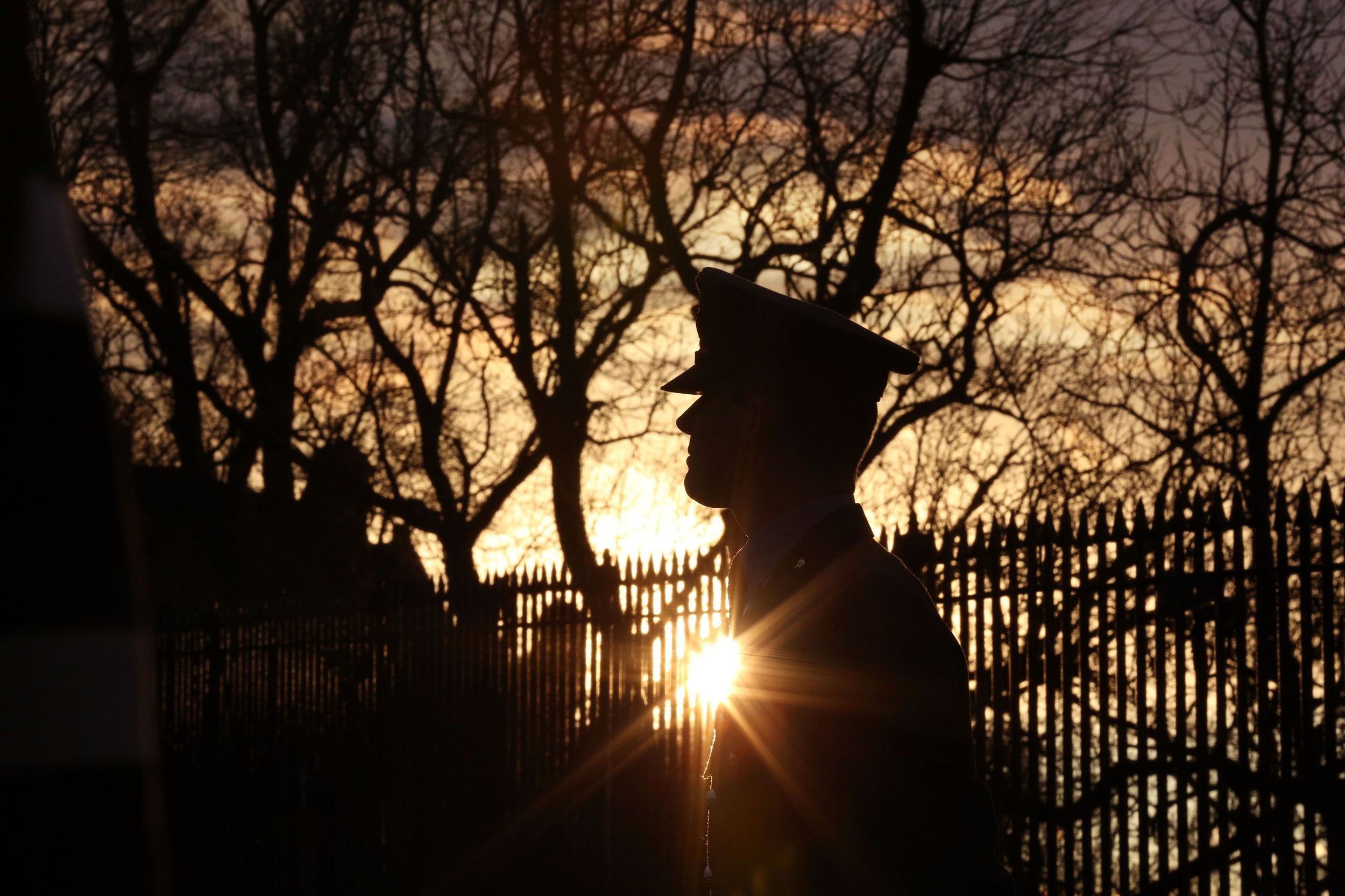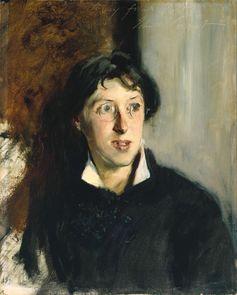A timely warning on the dangers of patriotism from the First World War
A 1915 morality play by Vernon Lee makes a powerful critique of jingoist groupthink

When the Battle of Arras came to an end 100 years ago on 16 May 1917, there was little for British and Commonwealth troops to celebrate. Though they had gained some ground in the trench warfare, the result was largely a stalemate, and there were an estimated 160,000 British and 125,000 German casualties.
Soon after, a translation of the Ballet of the Nations was published in a French pacifist journal, Les Tablettes. This morality play in which the dancers are the nations are at war with each other, all driven by the ballet-master, Death, was written by Violet Paget under the pseudonym Vernon Lee.
A prolific writer who produced more than 40 books in a career that lasted more than 50 years, Lee has receded from public view. But her views on patriotism and pacifism are very relevant today.
Described by the writer George Bernard Shaw as one of “the old guard of Victorian cosmopolitan intellectualism”, Lee was a polymath, adept at several languages, whose work encompassed aesthetics, art history, musicology, literary theory, travel writing, feminism and politics, as well as the supernatural fiction for which she is perhaps best known.

Born to British parents at Boulogne-sur-Mer in 1856, she spent much of her early life in France, Germany and Switzerland, before the family finally settled in Florence in 1873. On her extended annual visits to Britain, she moved in social circles that included such luminaries as Robert Browning, Oscar Wilde, Henry James and William Morris, and she was well acquainted with Virginia Woolf and the young HG Wells. In the summer of 1914, Lee was on one of these visits when hostilities broke out, and found herself stranded in Britain for the duration of the war.
Warnings sounded
In the lead-up to the First World War, Lee had penned articles questioning the journalistic jingoism that inflamed nationalist fervour. When war broke out, perturbed by the escalating violence, she became an active member of a newly formed pacifist group, the Union for Democratic Control. She continued to publish anti-war articles in leading journals such as The Nation, The New Statesman, the Labour Leader and The Atlantic Monthly. However, her pacifism was soon to lose her friends in Britain and abroad, as well as the professional support of publishers and editors.
Credited with introducing the term “empathy” into the English language, Lee often argued for the importance of mutual tolerance and respect among nations. On 1 January 1915, four months after the Daily Mail proclaimed that German and Austrian music would no longer be played at British promenade concerts, Lee wrote an article for Jus Suffragii, the official journal of the International Women’s Suffrage Alliance.
In it, she recounted how hearing Bach’s music in a London church at Christmas had made her intensely aware of those many Germans in churches across “Bach’s own country” who would have understood her thoughts and feelings. She argued that this shared cultural appreciation accentuated the affinity between the German and English peoples at the very moment “when war’s cruelties and recriminations, war’s monstrous iron curtain” had cut them off so completely from one another.
By Christmas 1915, war had made its powerful presence felt and, in response, Lee published Ballet of the Nations, a visceral allegory, illustrated by the English artist Maxwell Armfield, in which the virtues and vices associated with war are personified and satirised.
Some years later, Lee explained how the Ballet was inspired by British responses to the sinking of the Lusitania, torpedoed by a German U-Boat on 7 May 1915, an event that intensified anti-German sentiment in Britain.
Problems of patriotic ‘groupthink’
Two years after the war ended, Lee’s Ballet, revised and embellished, was republished in Satan the Waster, her philosophical meditation on the First World War. The new version challenged the patriotic sentiment that had dominated public discourse during the conflict. Her commentary questioned those who extolled the benefits of collective thinking and the denial of individual resistance in the face of war.
In this later edition, Lee emphasised that the coupling of “patriotism” with a sense of national unity was especially problematic. She noted how patriotic sentiment depends on segregation and antagonism, on “being in” or “not being in”, as she put it. She added that patriotism is influenced by “group-emotion”, a feeling which, while it may bring nations a sense of unity and permanence, is at its most dangerous when it manifests itself in a rigid definition of what being patriotic means.
As a cosmopolitan thinker, Lee believed in the value of European unity and in highlighting those cultural similarities and exchanges that enrich human experience. She would have considered herself a “citizen of everywhere”. As a public intellectual, in the run-up to the Great War she used that sense of citizenship to voice her resistance to the herd mentality that was leading Britain to the brink of conflict.
As often occurs when governments insist on national unity to push their own agendas, her voice was increasingly silenced: then as now, Britain had “had enough of experts”.
Political upheavals in the UK have today sharpened our focus on the problematic nature of “group-emotion” that has pitched Brexiteers against Remainers, and underlined the ideological dangers of “patriotism” recast as insularity. Lee’s writings have much to teach us.
Patricia Pulham is a reader in Victorian literature at the University of Portsmouth. This article was originally published on The Conversation (www.conversation.com)
Join our commenting forum
Join thought-provoking conversations, follow other Independent readers and see their replies
Comments
Bookmark popover
Removed from bookmarks